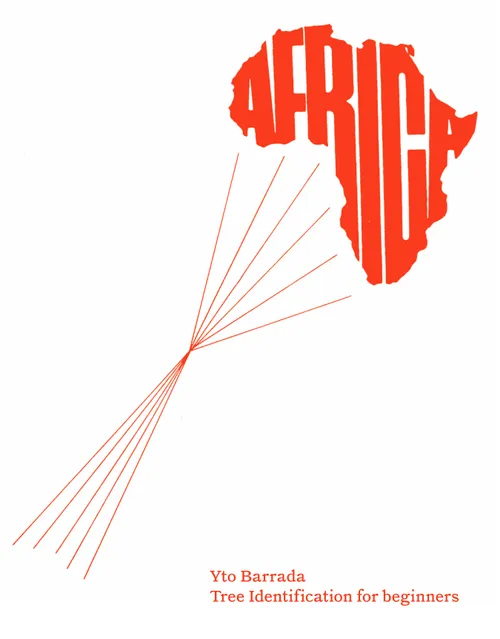
Nominated par Adrienne Edwards
Yto Barrada (Moroccan, French, b.1971, Paris) studied history and political science at the Sorbonne and photography in New York. Her work — including photography, film, sculpture, prints and installations, — began by exploring the peculiar situation of her hometown Tangier. Her work has been exhibited at Tate Modern (London), MoMA (New York), The Renaissance Society (Chicago), Witte de With (Rotterdam), Haus der Kunst (Munich), Centre Pompidou (Paris), Whitechapel Gallery (London), and the 2007 and 2011 Venice Biennale.
She was the Deutsche Bank Artist of the Year for 2011, after which her exhibit RIFFS toured widely. Barrada is also the founding director of Cinémathèque de Tanger. A comprehensive monograph was published by JRP Ringier in 2013. She is a recipient of the 2013-2014 Robert Gardner Fellowship in Photography (Peabody Museum at Harvard University) and was awarded the 2015 Abraaj Prize.
Barrada is represented by Pace Gallery (London), Sfeir-Semler Gallery (Beirut-Hamburg), and Galerie Polaris (Paris).
©Yto Barrada, courtesy Pace Gallery; Sfeir-Semler Gallery, Hamburg, Beirut; and Galerie Polaris, Paris
Photography by Dawn Blackman, courtesy Pace Gallery
©Yto Barrada, courtesy Pace Gallery; Sfeir-Semler Gallery, Hamburg, Beirut; and Galerie Polaris, Paris
Photography courtesy the artist
Tree Identification for Beginners by Yto Barrada is a complex film installation comprising a hand dyed and sewn curtain. When the artist premiered the work in New York, on the occasion of Performa 17, she performed the soundtrack live. In the turbulent summer of 1966, Yto Barrada’s mother, a 23-year-old Moroccan student, was one of 50 ‘Young African Leaders’ invited on a State Department–sponsored tour of the USA. Through play, poetry, and humor, the film Tree Identification for Beginners examines this stage-managed encounter between North America and Africa, and the nascent spirit of disobedience – the Pan-African, Tricontinental, Black Power, and anti-Vietnam war movements – which would come to define a generation.

